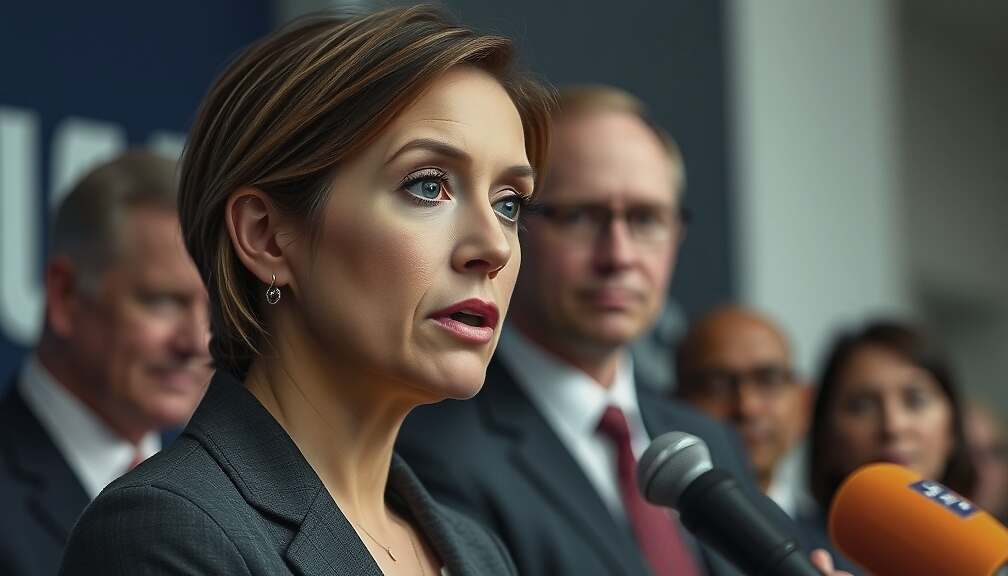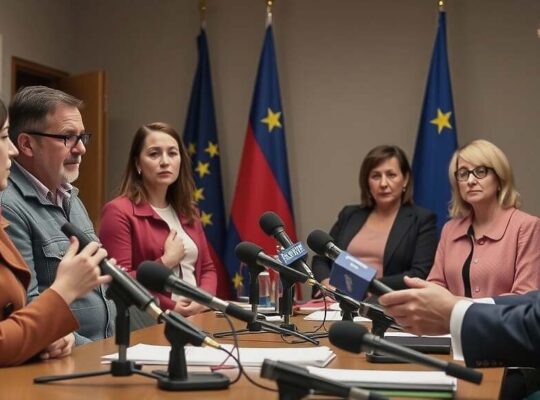The President of the German Red Cross (DRK), Gerda Hasselfeldt, is advocating for an expansion of the planned new conscription law to incorporate the possibility of social service as an alternative to military duty. Speaking to the Redaktionsnetzwerk Deutschland, Hasselfeldt emphasized the importance of fostering broader societal engagement beyond solely focusing on service within the Bundeswehr.
Hasselfeldt believes that the opportunity should be utilized to inform young people about the possibility of social service and to offer them counseling on suitable options. Survey data indicates a willingness among young individuals to contribute to society, often hindered by a lack of awareness regarding available opportunities and associated conditions. She argues that the state has a responsibility to ensure young people are comprehensively informed.
To increase participation, Hasselfeldt stressed the need to make both military and voluntary social service more attractive. Current provisions primarily benefit young people from more affluent backgrounds. She also suggested improved recognition of completed service years towards university admissions.
Regarding a potential reinstatement of conscription, Hasselfeldt insists that the right to conscientious objection must be preserved and the necessary structures for a civil service alternative must be established.
However, she cautioned that implementing such a system presents challenges, particularly within the care sector. A significant number of conscientious objectors could potentially outnumber those willing to volunteer for military service. Furthermore, a shift in the landscape of care facilities since the suspension of mandatory service must be considered. Many facilities now have fewer staff available to mentor civil service participants and these individuals cannot simply replace regular employees, requiring careful planning and resource allocation.












